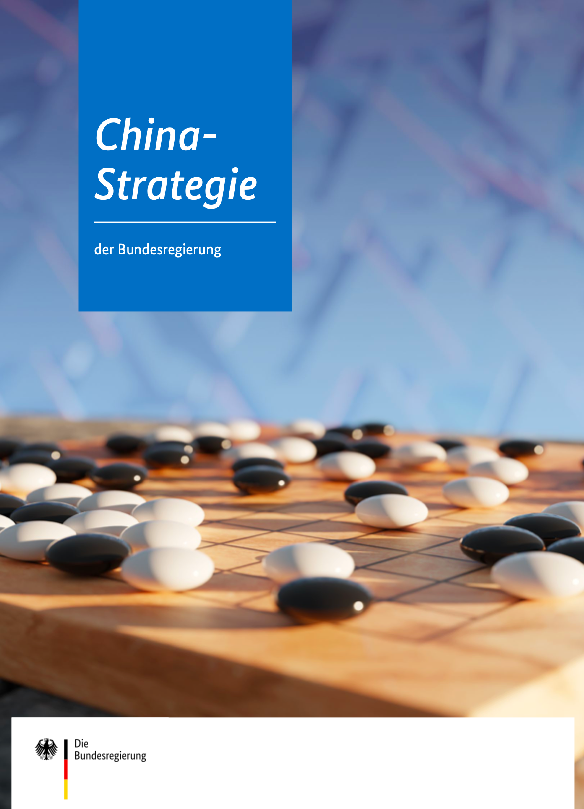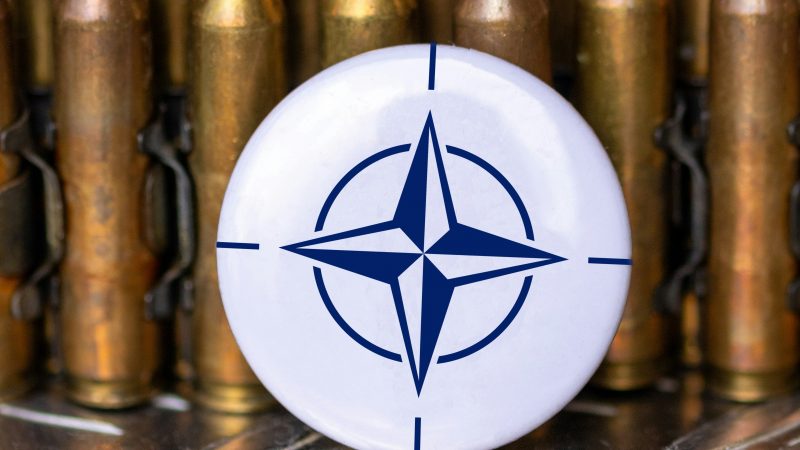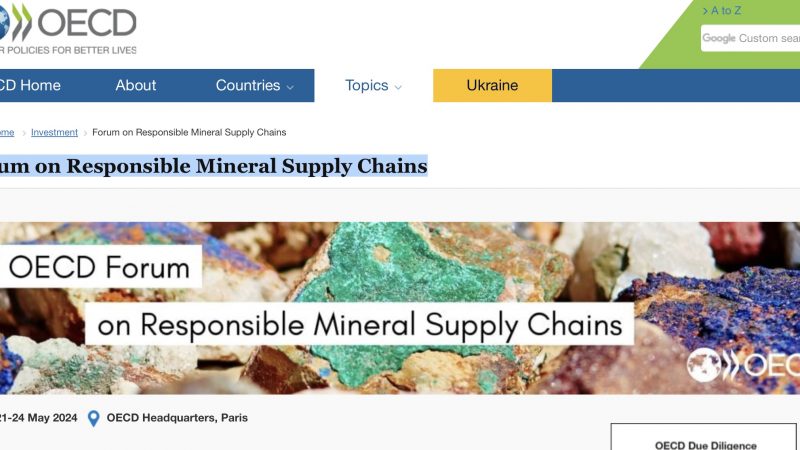The Paval

Germany has a China strategy. This may shock no one and interest only a few. But one factor is worth noting. Germany is tackling a problem that many have already puzzled over. What about a country that is both – a partner and a rival? The Paval.
The German government’s China strategy speaks of “partner, competitor and systemic rival.” That opens up a tension. In essence, it is about cooperating with a country that is seen as an opponent in many areas.
Up to now, there has been the pure doctrine that a country is either a friend or an enemy. Between the two, there are many nuances and shades of gray. Inter-state relations can get worse – or they can get better. But the ratios between states are seen as monolithic.
This view is replaced by a multilayer system of the inter-state relationship. In short, it is a pattern of explaining why one has close economic relations with a country where human rights are violated. This includes not only the famous minorities, such as the Uyghurs, but also the harassment and isolation of their own Chinese people from Western media, products and communication in general. Germany answers the question whether you can buy products from someone who had them produced in an inhumane way with a “Yes, but ….”.
Welcome to game theory. The central element is the Nash equilibrium. This equilibrium is subject to constant dynamism. A strategy with a Paval as an adversary must always be constructed in such a way that it is wiser and more profitable for the Paval in the long run to conform to the values and norms of the other. Accordingly, it is wise for China to introduce better working and living conditions in the long run, because then the German state will buy even more from China.
This assumes (a) that Germany has sufficient market power that is relevant to China and (b) that China is willing to follow these rules of the game in the first place. While the concept of a Paval is multi-layered, it should not be neglected that China’s strategic calculations are equally multi-layered. China neglects human rights not because it enjoys doing so, but because it exercises state power over its own people. A free Chinese might get the idea that a single state party is perhaps not the best solution for his own well-being – and in turn will put pressure on the government. Germany can demand as much human rights as it wants. The Chinese red party will not want to sell its own pretensions to power for a few euros.
The concept of a Paval presupposes that the counterpart sees this in the same way and is willing to agree to a multi-faceted relationship with the counterpart. Cooperation on one level. Adversity on the other. This is a complex endeavor. And it is dangerous. If you meet an opponent who thinks and acts in a rather monolithic way, you will not get anywhere with this partial cooperation.
Take the famous “China first” or “America first” narratives of the nationalists. They cultivate a non-cooperative behavior that allows cooperation only if it achieves the best possible advantages for themselves.
These actors do not tolerate compromise. Nor is it evident that China would be willing to make lazy commitments or allow itself to be successively bamboozled.
A Pavalen strategy is extremely complex. It is difficult to communicate within one’s own ranks. This is probably one of the reasons why the current German government is doing so badly in the opinion polls, despite good political approaches. It is pursuing well-intentioned policies, but they are so complicated that no one really understands them anymore.
In the case of the Pavalen strategy, this policy is also dangerous. There is a danger that the predator will be fed until it is big enough to eat the breadwinner himself.
And that’s why you have to be honest. The Pavalen strategy is not an active measure to make the counterpart a better person. It is born out of the dependency that Germany and Europe urgently needs China. As a supplier of raw materials, intermediate products, medicines and the masses of cheap goods that the people deserve.
Thus, China is and remains a rival. It is not a Paval. The possibility of fostering Western values by cooperation have been disappointing and may remain disappointing. The only solution may be to reduce dependencies. That’s exact the strategy which China follows on its own since decades now.
The China-Strategy of the German Federal Government can be found here.






